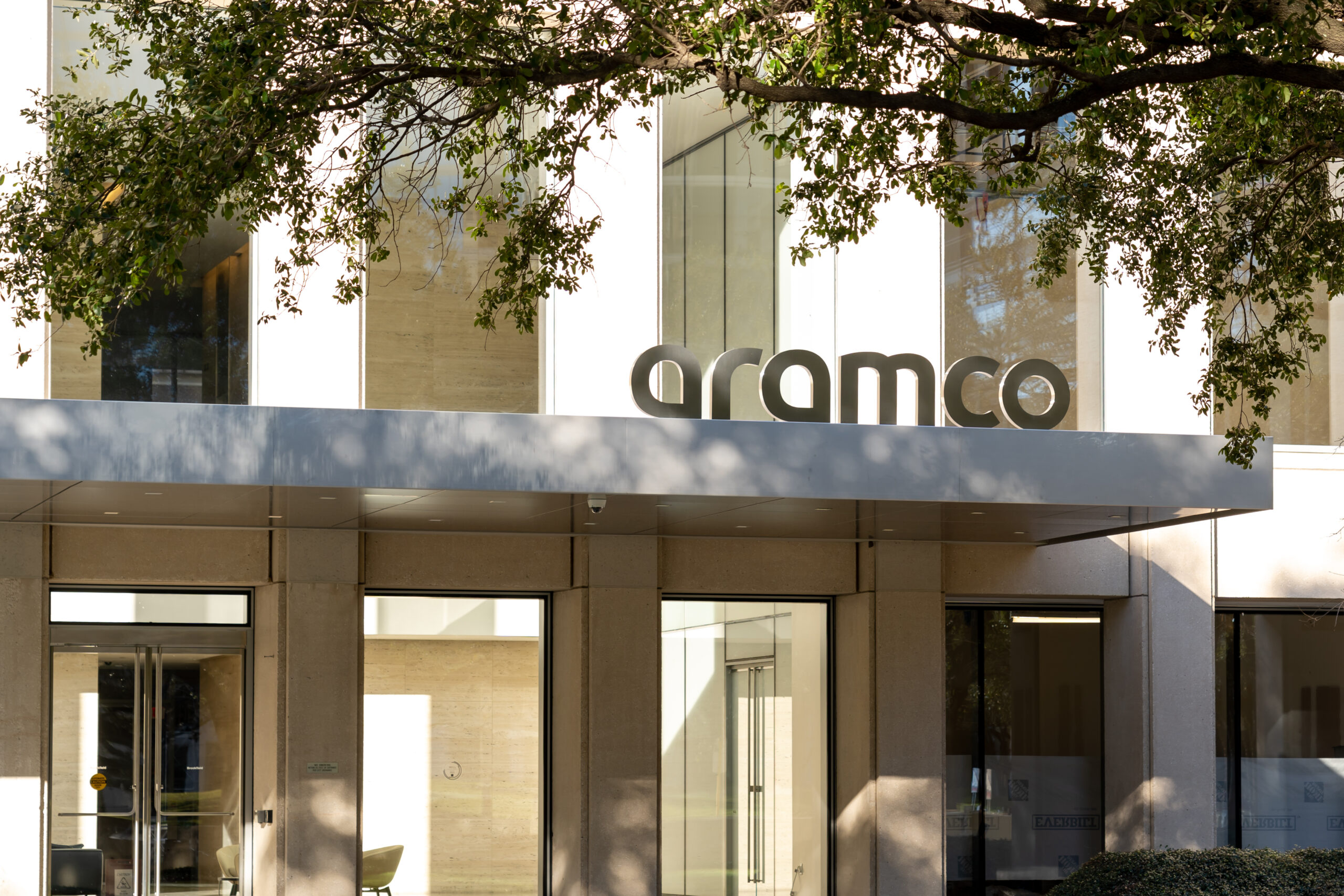Saudi Aramco eyes global LNG expansion with MidOcean stake
The $500 million MidOcean deal marks Saudi Aramco’s first international investment in LNG.

The recently-announced Saudi Aramco deal to acquire a stake in LNG firm MidOcean shows the company is looking to position itself as a key international player in this market, with similar future deals to be expected as part of a growth strategy centred on LNG, industry sources and experts told Gas Outlook.
Aramco, the world’s biggest oil company, announced at the end of September that it had agreed to acquire a strategic minority stake in MidOcean Energy for $500 million, with an option to further increase shares in the future, saying this was a strategic partnership enabling it to tap into international LNG opportunities.
The deal marks Aramco’s first international investment in LNG.
MidOcean Energy is currently in the process of acquiring interests in four Australian LNG projects with the aim to further diversity its global LNG business.
In October 2022, MidOcean announced it had reached an agreement with Tokyo Gas Co for the purchase of the company’s stakes in four Australian LNG projects – Gorgon LNG, Ichthys LNG, Pluto LNG and Queensland Curtis LNG – which are major suppliers of LNG to Asia for $2.15 billion.
MidOcean is owned and managed by U.S. investment firm EIG, which was part of a consortium that acquired a 49% stake in Aramco’s oil pipelines in 2021.
Completion of the transaction is subject to closing conditions, which include regulatory approvals.
Aramco’s president and CEO, Amin Nasser said the company anticipates “strong demand-led growth for LNG as the world continues on its energy transition journey, with gas being a vital fuel and feedstock in various industries.”
“We believe that gas will be important in meeting the world’s rising need for secure, accessible and more sustainable energy.”
“This deal shows Saudi Aramco’s desire to diversify and play a greater role in international energy markets,” Brendan Cronan, head of the Middle East team at consultancy AFRY, told Gas Outlook.
“It has an extensive international network of trading relationships which it will likely seek to leverage to add value to the MidOcean Energy business,” he added.
“During 2023, Aramco has several times expressed its intention to intensify its LNG activities, and while the company has already been trading LNG for some time, the recent MidOcean stake acquisition is a clear indicator of a step up,” Mehdy Touil, LNG operations specialist at Canada-based Solaris, and previously with Qatargas and Yamal LNG, told Gas Outlook.
“The Saudi giant has enough cash set aside to support its ambitions, and I won’t be surprised if in the coming months we hear about another acquisition in a large-scale liquefaction project, most probably in the U.S.,” he added.
“On the domestic side, the giant Jafurah gas project, initially intended to form the base for Aramco’s blue hydrogen plans, might be instead utilized to displace the kingdom’s dirtier fuels currently used for power generation and desalination,” he continued.
“I don’t see room for an export, large scale liquefaction facility, but LNG trucking might be a venue the firm will explore,” he added.
At the end of October, South Korea’s Hyundai Engineering & Construction and Hyundai Engineering signed a $2.4 billion deal with Saudi Aramco to build a gas processing plant at the Jafurah site, adjacent to the Jafurah phase 1 project for which they had already been awarded a contract in 2021.
The new contract envisages the construction of gas processing facilities and sulphur recovery units.
Tackling emissions
Saudi Aramco posted record profits of $161 billion in 2022 amid soaring fossil fuel prices, attracting growing criticism for its lack of progress tacking emissions.
The company said in 2021 it was targeting net zero scope 1-2 emissions by 2050, however it does not have a specific target for scope-3 emissions, which account for the majority of fossil fuel producers’ emissions.
Shifting to LNG for transport and power generation domestically would offer a short-term decarbonisation option to Saudi Arabia, according to an analysis by the Middle East Institute.
“A consistent and structured domestic deployment of LNG as a transport and power-generation fuel would lower the kingdom’s carbon footprint as well as improve air quality by reducing vehicle exhaust, mainly particulate and nitrous oxide emissions,” it said.
